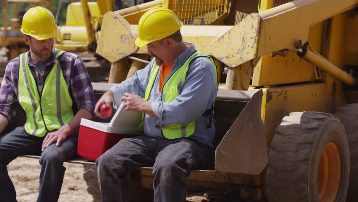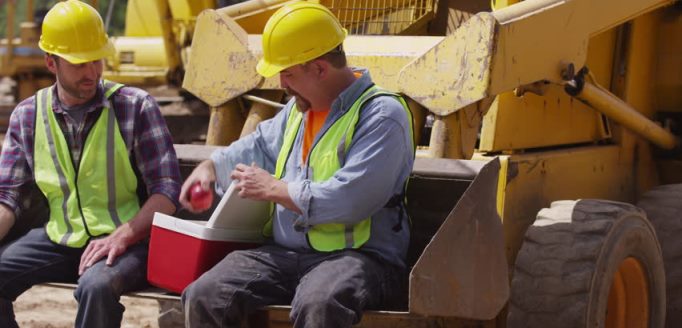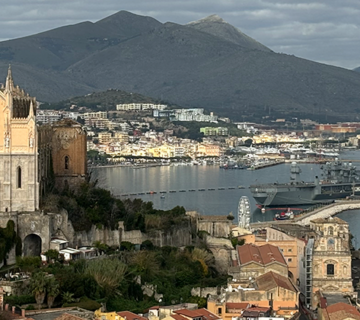 Work was inflicted on mankind as a discipline, but also as redemption. While work has the immediate effect of providing the daily bread, it also has an ultimate effect that is the acquisition of the Kingdom of God. Therefore it regards theology as much as it does economy; in fact man is the son of God, turned towards God even when he works. If it were merely a matter of economics, the worker would be nothing more than a machine: the dignity of a worker would be reduced to that of a mere tool.
Work was inflicted on mankind as a discipline, but also as redemption. While work has the immediate effect of providing the daily bread, it also has an ultimate effect that is the acquisition of the Kingdom of God. Therefore it regards theology as much as it does economy; in fact man is the son of God, turned towards God even when he works. If it were merely a matter of economics, the worker would be nothing more than a machine: the dignity of a worker would be reduced to that of a mere tool.
Nowadays there is so much talk about the dignity of work that it has become commonplace. But it is not said that the slave mentality is gone, nor that there is a lack of business owners, perhaps baptized, who because they pay a salary do not have the right to humiliate the ones who live on that salary, treating them with contempt and distrust, be they intellectual workers or be they semi-literate domestics.
But, work is not only there to grow a salary. Work done with a desire for moral redemption and sharing in the sufferings of Christ, produces holiness. It enters into the economy of things eternal that makes machine builders, farmers, students, professionals, clerks and housewives into constructors of the integral Christ.
Saint Ambrose says that every good worker is Christ’s own hand. Christ is at work in society through the hands of his workers. In other words, those who work well construct something that is heavenly on earth. The worker is the human crafter of a divine architecture. And this raises the dignity of the worker and of the work, if the work is carried out according to the spirit of the law of Christ.
In this we see the divine at work in society through man, who becomes associated to the prodigy of the Incarnation. If the Incarnation was the miracle of the humanization of the Son of God, it also contains a daily miracle of the divinization of the sons of men who are therefore sons of God. It is a movement that comes from the earth and extends to the encounter with Christ who comes from Heaven.
And so the life amidst these tormented streets of the earth is, yes, totally human, but also totally inserted in the divine life. It is totally divine if it is lives in the spirit of the Redemption. This dignity is not limited only to the works of the spirit, but invests the whole person, body and spirit and all that he does.
The job, the profession, the office – these melancholic and at times tragic and often boring things are transfigured in a single blow into unexpected Values, into parts of our destiny. They become the means of our redemption. The work was our punishment and, through the humanity of Christ, it becomes our ransom. It is our contribution to the Redemption.
You scale the heights of Heaven with the materials of the earth. Nothing is lost: not a bad pay day, not a word that is spoken, not a cup of water given in the name of Christ. The Kingdom of God is largely made up of these simple things. Most do not leave for the missions, enter a hermitage or write theological treatises: but everyone works, everyone serves. Well, if you act according to the spirit of Christ, serving men means serving God. He does not yet come to us surrounded in all his light that would blind us, but in his images, in men, in the work of his hand.”
Igino Giordani, La società cristiana (Rome: Citta Nuova, 2010) p. 72-82.


 Italiano
Italiano Español
Español Français
Français Português
Português




No comment